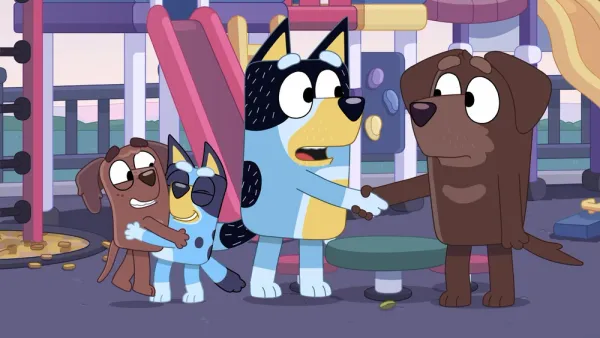The Challenges of the Fediverse. What No One Is Prepared to Talk About.
For what it's worth, Mastodon is a great platform and my general experience of it has been positive. Yes, I've experienced a lot of teething issues with self-hosting but overall, I much prefer it to Twitter/X.
But, there are bigger problems at play which I feel no one is really talking about. All the Fediverse evangelists have missed this. This blog post is not going to be easy, so hold on. This post may end up being a long one as I try and put my case forward.
Firstly, self-hosting your own instance by yourself is hard.
Not everybody has the time and resources to create and actively maintain their own instances. As someone who has self-hosted their own Mastodon instance in the past, trust me, it's not easy! In fact, I have written an entire blog post about this topic.
No only that, if you are to self-host, you need to wait until it federates with the rest of the Fediverse. It doesn't just magically connect you to everyone and everything on the Fediverse. Peers are discovered slowly over time. This means, that your experience of the Fediverse would be very different from someone who is on a popular instance like mastodon.social.
Secondly, like most social media platforms, instances experience preferential attachment.
This brings me to my second point, which is, Mastodon, the post popular software on the Fediverse, encourages people to sign up to popular instances like mastodon.social - the original server operated by the Mastodon developers.
To me, this sort of defeats the point of the Fediverse as a distributed system. While there are smaller Mastodon instances which are operated around a particular topic or niche, I can't help but feel that people are more likely to join a community that is popular and well-established rather than joining a smaller one. It's the classic rich getting richer, thanks in part to the network effect.
Thirdly, my final problem with the Fediverse is to do with resilience.
According to FediDB, as of August 2024 the top five instances on the Fediverse (mastodon.social, misskey.io, mstdn.jp, mastodon.cloud and mstdn.social) have a collective total of 3.5M users. For context, this makes up around 34% of the entire Fediverse (not including Threads).
This raises the question, how resilient is the Fediverse if all these instances go offline? That's a huge chunk of the Fediverse gone. This puts the Fediverse in an incredibly vulnerable position. If this is not handled correctly, loads of people could miss out on the Fediverse experience and will be unable to share their content.
So where do we go from here?
I firmly believe that decentralised social media is the future of the web. It should be based around the original key concepts of the World Wide Web, in which it belongs to everyone. For this reason, we should be actively encouraging the development and uptake of decentralised technology if we are to defeat the giants that are Meta, X, et al.
I certainly see services like Nostr having a role to play in this. By comparison to the Fediverse, Nostr offers a truly decentralised experience through the concept of relays to facilaite a peer-to-peer network with others. While it may not be as well-known as Mastodon, it certainly looks like a promising alternative. To me, I see the Fediverse as this half-way point between centralised services (i.e. Meta, Twitter/X et al.) and peer-to-peer services like Nostr.
I also believe there should be more of an incentive to encourage people to self-host with ease and at low cost. I'm hoping light-weight software like GoToSocial will gain more attention. GoToSocial an easy-to-install, lightweight Fediverse server which almost anyone can self-host using very little resources (like a Raspberry Pi, for example).
The way I see it, the more people start hosting their own services, the less dependent they will be on the "popular" alternatives like mastodon.social and others. I think if we are to address the resilience question (see my third point) we should focus on promoting instances with only a handful of people, certainly not millions!
That being said, I'll be the first to admit that I don't have all the answers. I don't know what the "right" answer should be. All I will say is that we need to make more people aware of these issues if we are to create a sustainable social web for everyone.
And.... breathe...


